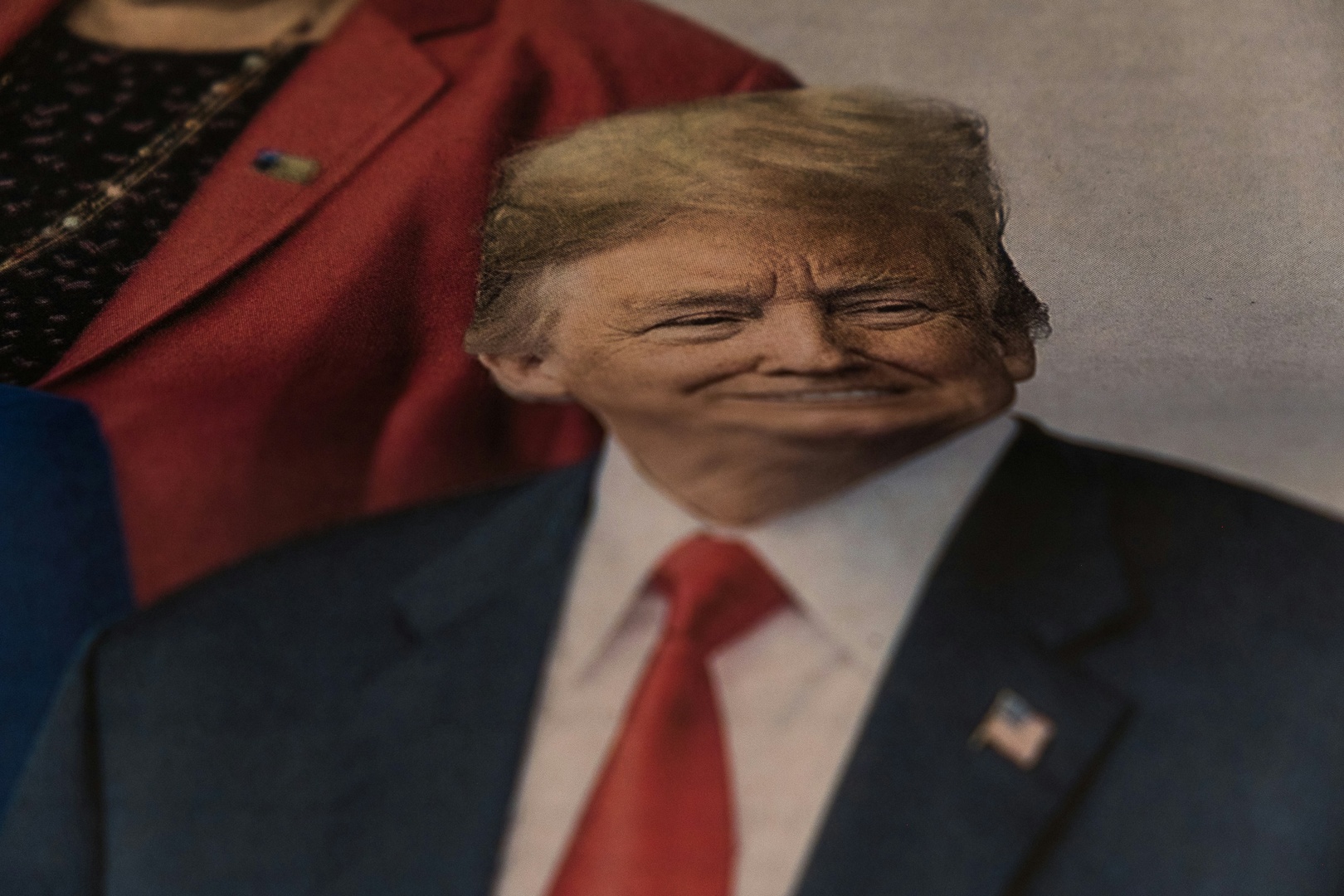Shifting Sands: The Trump AI Chip Policy Reversal
The recent announcement of the Trump administration’s decision to scrap Biden’s export controls on AI chips marks a pivotal moment in the global technology landscape. Set to take effect on May 15, 2025, this policy reversal signifies an aggressive shift in how advanced computing technologies will flow across international borders, radically changing the dynamics of global trade, innovation, and geopolitical relationships. As the Trump administration prepares to dismantle the Biden administration’s complex three-tier regulatory framework, the implications for American innovation and industry competitiveness are profound.
Understanding the Three-Tier System
The soon-to-be-eliminated Biden rule established a hierarchically stratified system for global technology access. Under this framework, 17 countries plus Taiwan would have enjoyed unrestricted access to advanced AI chips, categorized as Tier 1. A second tier, encompassing about 120 countries, would have been subject to strict numerical caps on their imports of AI technologies. Finally, the third tier, which included nations of significant concern such as China, Russia, Iran, and North Korea, would have faced complete exclusion from accessing such advanced technologies. This structured approach aimed to prevent sensitive technologies from reaching adversarial nations through indirect channels while still permitting access for allies and neutral countries. However, critics argued that the complexity of this system could create substantial compliance burdens, inadvertently pushing international partners toward alternative suppliers.
The New Approach Taking Shape
Rather than maintaining the tiered structure, sources close to the administration indicate that the Trump administration is contemplating a simpler, more flexible global licensing regime bolstered by inter-governmental agreements. This new approach could potentially streamline the process and maintain stringent controls over sensitive technology while enhancing the United States’ competitive edge in the AI sector. The timing of this announcement is particularly noteworthy, coinciding with President Trump’s upcoming trip to the Middle East, where nations such as Saudi Arabia and the UAE have expressed their dissatisfaction with current restrictions on AI chip acquisitions. According to reports, an announcement regarding these significant changes could come as soon as Thursday, underlining the urgency of the situation.
Market Reaction and Industry Impact
The financial markets have already responded to the news of this policy reversal with notable fluctuations. Shares of Nvidia, the preeminent manufacturer of AI training chips, saw a 3% increase following the announcement, although this was tempered by a subsequent 0.7% dip in after-hours trading. Nvidia has long opposed the burgeoning restrictions, with CEO Jensen Huang advocating for American companies to maintain access to the rapidly expanding Chinese market, which he predicts could be worth $50 billion for AI chips in the coming years. However, it’s essential to note that the Trump AI chip policy shift does not represent a total abandonment of export controls. The administration has demonstrated its readiness to take decisive action against China, highlighted by the recent ban on Nvidia’s sales of its H20 chip, resulting in significant financial repercussions for the company.
Global Winners and Losers
The reversal of the policy creates a complex map of potential winners and losers across the globe. Countries such as India and Malaysia, which were previously unencumbered by chip restrictions, will likely experience temporary relief. In particular, Malaysia stands to benefit from Oracle Corporation’s ambitious plans for a massive data center expansion, which would have otherwise exceeded the limits imposed by the now-defunct rules. Middle Eastern nations, particularly the UAE and Saudi Arabia, may also find themselves in a more favorable position. Having faced strict chip export controls since 2023, these countries could negotiate more advantageous terms, especially as Trump has voiced interest in easing restrictions for the UAE. His upcoming visit to the region could result in the announcement of a bilateral AI chip agreement, driven by the UAE’s pledge to invest up to $1.4 trillion in US technology and infrastructure over the next decade, underscoring the high stakes involved in these negotiations.
Uncertainty Ahead
As Axios reports, the Trump administration is currently in the process of developing a new control scheme, which could materialize as either a new rule or an executive order. This transition period introduces significant uncertainty for companies like Nvidia regarding the regulatory landscape they will navigate in the upcoming months. While the new framework is under development, the administration has made it clear that existing chip export controls will continue to be enforced. Speculation also surrounds the potential for the new approach to involve imposing controls specifically on countries that have diverted chips to China, including Malaysia and Thailand, complicating the landscape even further. Industry stakeholders remain divided; while chip manufacturers have lobbied vigorously against strict export controls, certain AI companies, such as Anthropic, are advocating for the preservation of protections that safeguard U.S. intellectual property and technological advantages.
Balancing Competing Priorities
The framework established by the Biden administration aimed to limit access to chips necessary for the advancement of cutting-edge AI technologies, particularly in preventing Chinese companies from exploiting indirect routes to acquire capabilities barred from direct importation. Striking a balance between addressing national security concerns and promoting U.S. commercial interests poses significant challenges. Establishing agreements with a broad spectrum of countries eager to purchase advanced AI chips will require deft navigation of complex diplomatic relationships, potentially leading to the creation of numerous separate policy frameworks. As the Commerce Department has not provided a precise timeline for finalizing or implementing any new rules, the debate continues over the most effective approach moving forward. The shift in the Trump AI chip policy reflects a broader emphasis on American competitiveness and innovation while maintaining necessary control over technologies with national security implications. As officials work to craft a replacement framework, the global AI chip market remains in a state of flux, carrying profound implications for technological development, international relations, and corporate strategies in the evolving artificial intelligence landscape.


